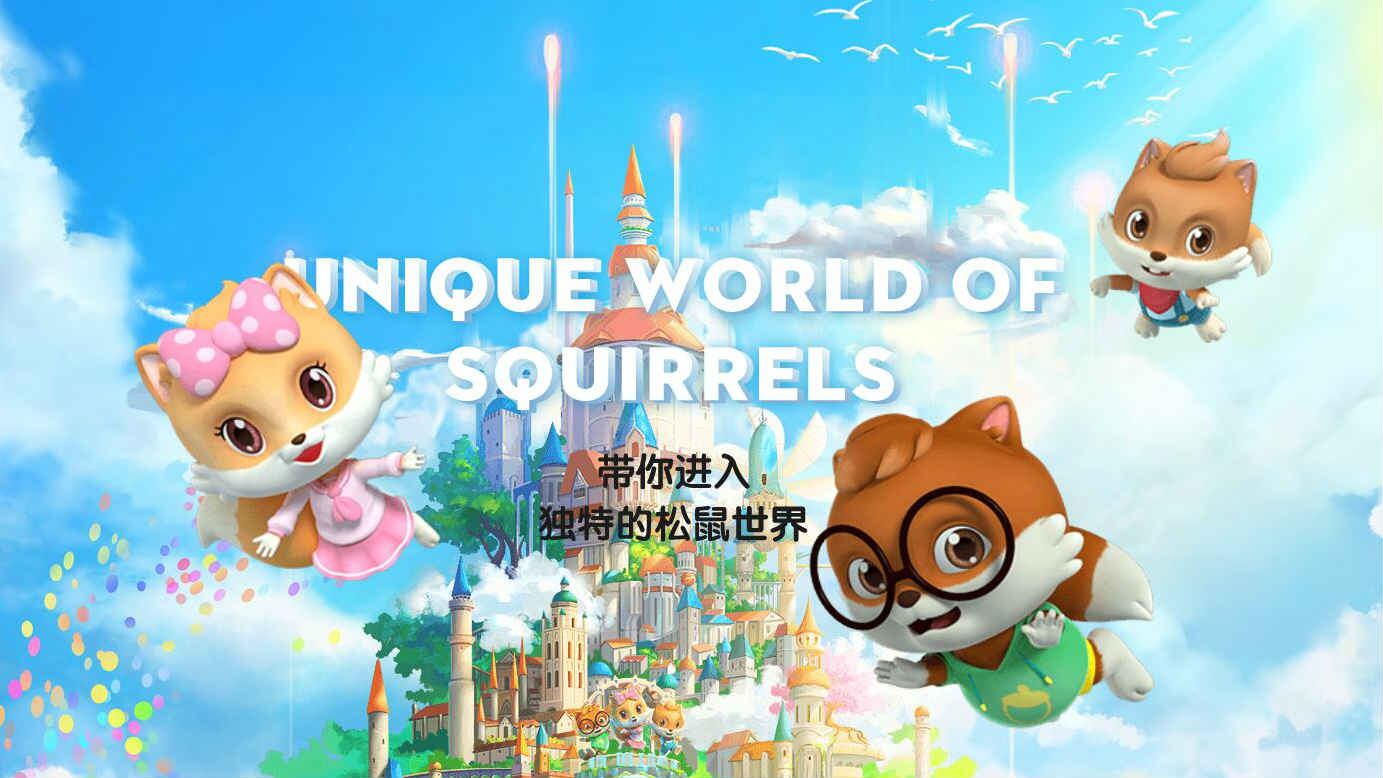Three Squirrels was founded in 2012 by its Founder and CEO (or, as the company calls him, the ‘Squirrel Father’) Zhang Liaoyuan, which makes it just seven years old this year. The company became IPO-listed earlier this year.
According to Alibaba data, sales of Three Squirrel snacks products in China hit CNY100mn (US$14.2mn) in just 19 minutes and 23 seconds, showcasing the immense popularity of these snacks locally. It currently produces over 500 product SKUs, particularly covering its three major categories of nuts, baked goods and meat products.
One of the major factors behind the firm’s immense success is its branding and marketing approach – there is a very specific story behind the establishment of the three squirrels (literal translations: Little Cool, Little Beauty and Little Cheap) used as the face of the company.
“The name Three Squirrels came about by chance – it is essentially the combination of Three Musketeers and Squirrels,” Three Squirrels Brand PR Director Yin Xiang told FoodNavigator-Asia.
“The reason we went with this was due to the high recognisability and fun aspects of the name, which resonated well with younger consumers. It has also been a good source of inspiration for us during product innovation and NPD processes.”
Based on data from e-commerce platform Taobao, over half of Three Squirrels’ clientele are females between the age of 18 to 34 – very likely aided by the ‘cuteness’ factor that the three squirrels were designed to exude.
“[We also estimate that other] major consumer demographics include students and office workers that stay indoors for long periods of time and have large requirements for snacks,” said Yin.
The company has also gone the extra mile in creating a backstory for the three squirrels by creating specific cartoon characters for these and developing other related merchandise, as well as a cartoon series available online.
“This has been a good way to obtain more fans, and we have also persisted in digitisation as part of our food business development [to improve processes] in the process of capturing the market and bringing our products closer to consumers,” he added.
Endorsement and sponsorship has also been a significant way of raising brand recognition for the firm – it has been featured on virally popular Chinese dramas such as 2016’s LoveO2O/Just One Smile Is Very Alluring, and similarly popular Korean dramas such as W.
Three Squirrels’ operations are currently still firmly focused on the local Chinese market, but Yin told us that ‘global expansion, including to the Asia Pacific region, will definitely happen in the future’.
Local expertise
When the China-US trade war broke out last year, Three Squirrels had to take steps to adapt to the situation, and attributes the minimisation on its business to its local market knowledge and flexibility in terms of adapting its raw material sources.
“When it came to the trade war, the main change made was in terms of ingredient imports – we switched all US-imported nuts to those from local sources, South Africa, Australia and so on, so as to reduce the negative impacts to the business,” said Yin.
“Chinese brands know Chinese stomachs and dietary preferences better – this is closely related to traditional dietary habits, just like how Chinese generally like to eat all sorts of noodle dishes, but foreigners generally prefer hamburgers.
“The Chinese palate is more varied and selective by comparison, and the ability of local enterprises to be flexible in terms of production and manufacturing, as well as push out rapid innovations is a very good match to meet this demand – this is the key reason that the Chinese prefer local snack brands.
Some of the firm’s best-selling products locally during the recent 11.11 sales included its ‘Everyday Nuts’, ‘Snacks Jumbo Pack’ and ‘Pull-Apart Bread’.
“Some of our new products that recently hit the market in September have also performed well – Pre-sales of our 500g (in 30 small packs) Lin’an Mountain Walnuts on Tmall in September 2019 sold almost 500 packets on its first day, and has reached about 60,000 packs sold per month as of November,” said Yin.
Three Squirrels’ 500+ product SKUs also include dried fruits, flower teas, candies, puffs, beverages and more. It is also the largest online snack retailer in China, according to investment research firm Equal Ocean.
Omnichannel approach
Apart from its massive online success, the firm has also established physical presence across the country via channels such as its brick-and-mortar ‘Three Squirrels Feeding Stores’, self-operated stores in alliance with various partners, partnerships with Alibaba’s Lingshoutong, and in large local supermarket chains.
“Moving forward, we will proceed with a ‘Mega-Alliance’ business model to accelerate our upcoming plans – By 2025, the aim is to reach the six major cities, have over 100 allied factories, 200 million users online, as well as 1,000 direct experiential stores and 10,000 small allied stores offline,” said Yin.


